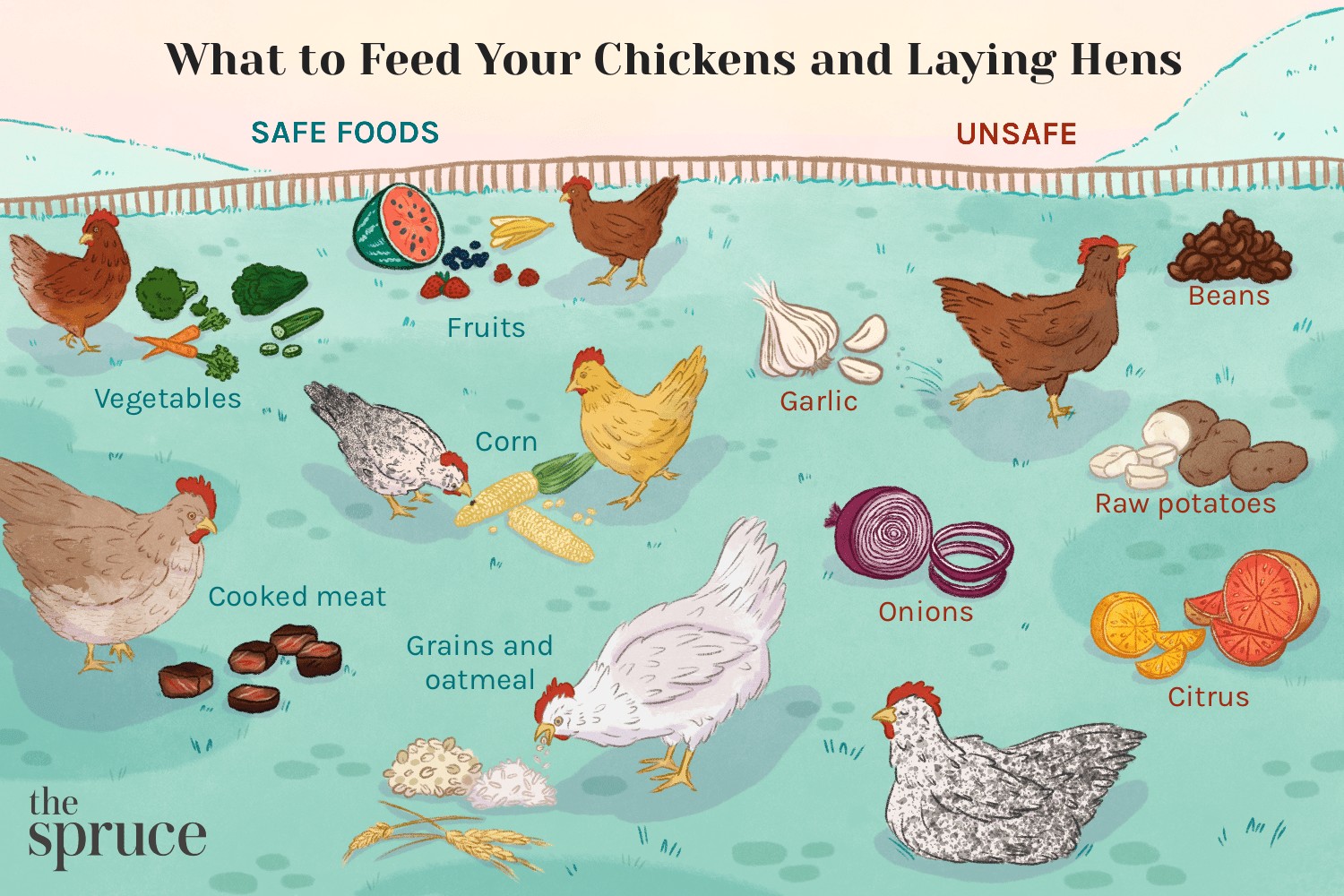Having chickens in your backyard can be a rewarding experience, but it is important to make sure you are providing them with the proper nutrition. One of the most important questions to consider when raising chickens is “What do hens eat?” Providing your chickens with the right food is essential to ensure they remain healthy and productive. In this article, we will discuss essential tips for feeding your chickens in chicken husbandry.
Nutritional Requirements of Chickens
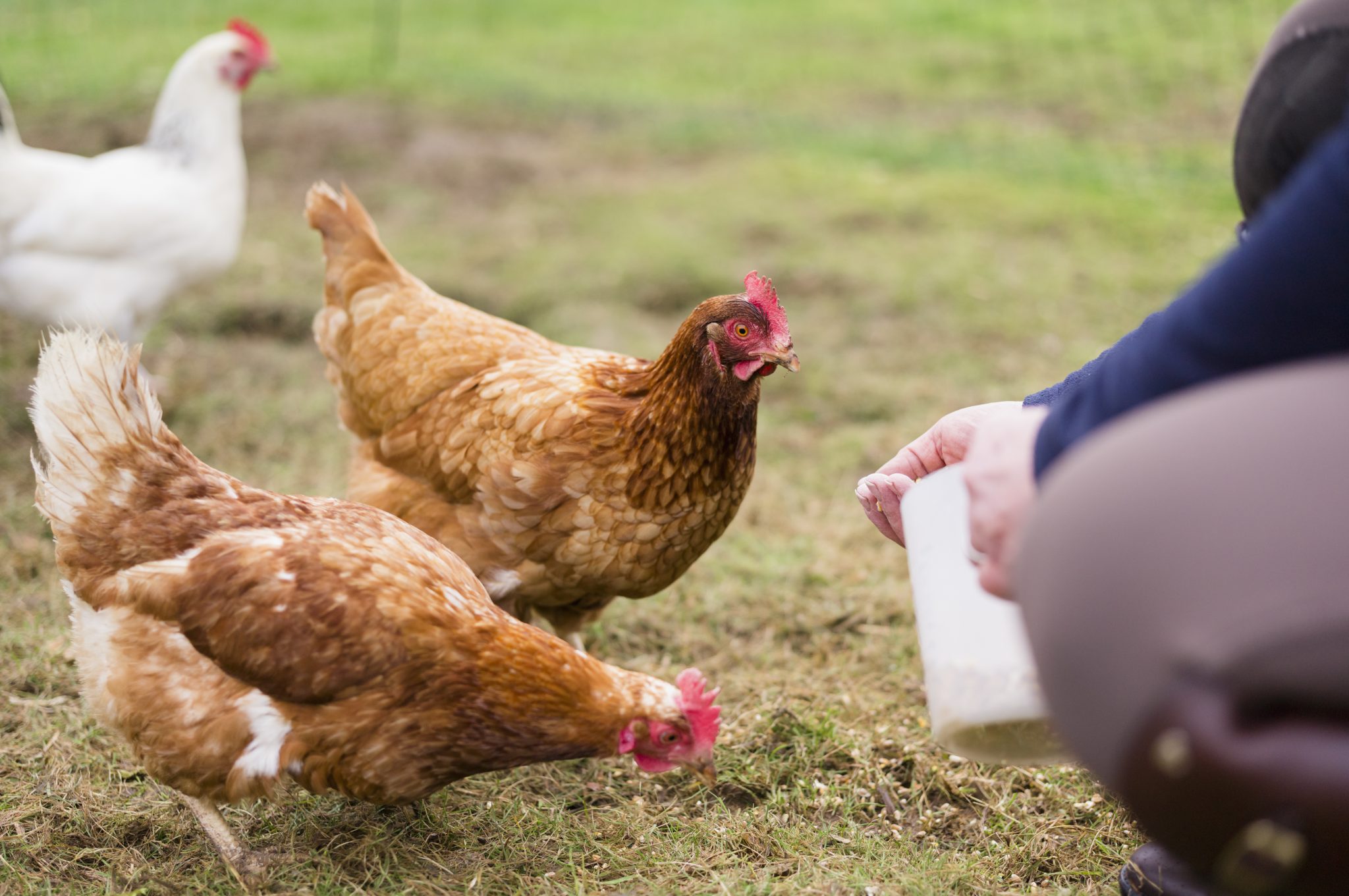
Protein
Chickens require a diet that is high in protein. This helps them to grow and develop properly. Protein can be found in a variety of sources such as grains, legumes, and insects. A balanced diet should contain between 16-18% protein.
Vitamins & Minerals
It is also important for chicken owners to ensure their birds get the vitamins and minerals they need. These can be found in a variety of foods including leafy greens, grains, and fruits. Vitamin A and E are especially important for healthy feathers and skin. Calcium is needed for egg production and strong bones. It is important to feed your chickens a balanced diet that is high in vitamins and minerals to keep them healthy.
In addition to protein and vitamins, chickens need access to plenty of fresh, clean water. Water helps to keep the birds hydrated and helps them in digesting their food. It is important to check the water regularly to make sure it is clean and free of debris.
When it comes to feeding your chickens, it is important to ensure they are getting all the necessary nutrients. A balanced diet of protein, vitamins, minerals, and plenty of fresh water are essential for the health of your chickens. With the right diet, you can ensure your chickens lead healthy and happy lives.
Types of Food for Chickens
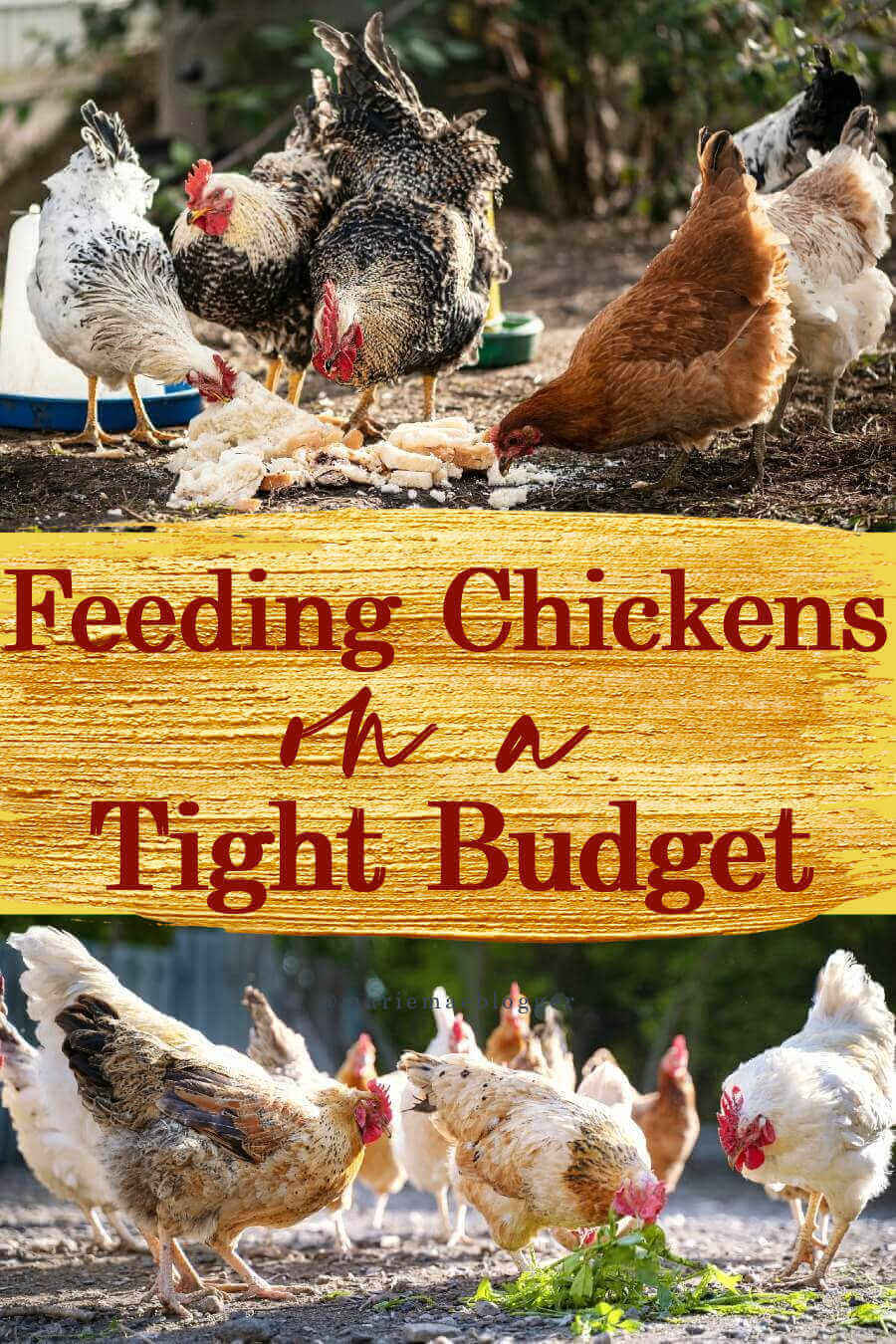
Commercial Food
The most common type of food for chickens is commercial feed. This can be purchased from a local feed store or online. It should be a balanced mix of proteins, carbohydrates, vitamins, and minerals. Commercial feed is the best option for providing chickens with the nutrients they need.
Kitchen Scraps
Kitchen scraps can also be fed to chickens as long as they are not moldy, rotten, or contain too much fat. Common kitchen scraps that can be fed to chickens are vegetable peels, fruit rinds, and cooked grains. Chickens will also enjoy small amounts of cheese, bread, and cooked eggs.
Grains & Seeds
Grains and seeds are a great source of energy for chickens and can be fed as treats. Common grains that can be fed to chickens are oats, barley, and wheat. Seeds like black oil sunflower, millet, and safflower can also be given. It is important to make sure the grains and seeds are free from mold.
Greens & Fruits
Greens and fruits provide chickens with essential vitamins and minerals. Common greens that can be fed to chickens are lettuce, kale, and dandelion greens. Fruits like apples, melons, and berries are also a great treat for chickens. It is important to remember that chickens should not eat too many fruits and vegetables as they can cause digestive issues.
Overall, it is important to remember that a balanced diet is key when it comes to what do hens eat. It is important to provide chickens with a variety of foods to ensure they get all the nutrients they need.
Variety in Diet
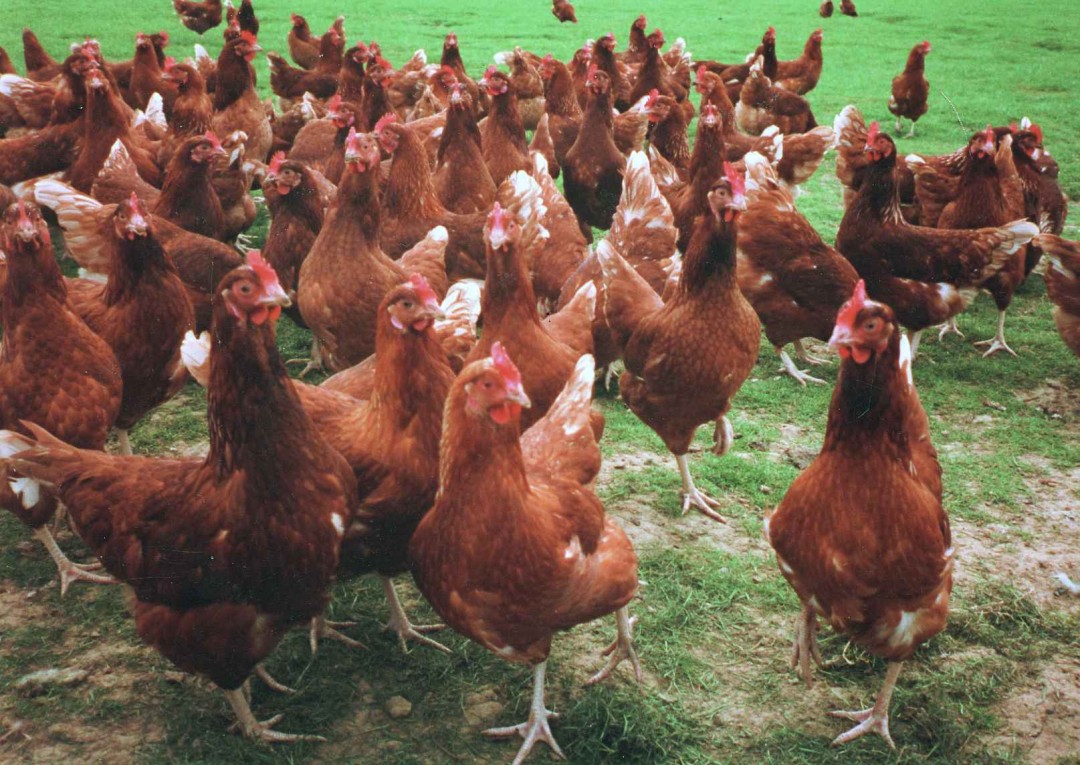
When it comes to keeping chickens healthy and strong, providing them with a varied diet is essential. A diverse diet helps to ensure that they get the nutrients they need.
Grains are a staple of a chicken’s diet. Grains like corn, wheat, oats, and barley are all great options for chickens. These grains can be served as scratch grains or added to a complete feed mix.
Vegetables are also an important part of a chicken’s diet. Vegetables like lettuce, kale, cabbage, and carrots are all excellent sources of vitamins and minerals.
Fruits and Berries are also a great addition to a chicken’s diet. Apples, blueberries, and blackberries are all great sources of antioxidants and other beneficial nutrients.
Insects are an important source of protein for chickens. Mealworms, crickets, and wax worms are all excellent sources of protein and essential fatty acids.
Table Scraps can also be given to chickens. Cooked eggs, cooked meat, and cooked grains are all great sources of nutrition for chickens.
| Food Type | Examples |
|---|---|
| Grains | corn, wheat, oats, barley |
| Vegetables | lettuce, kale, cabbage, carrots |
| Fruits & Berries | apples, blueberries, blackberries |
| Insects | mealworms, crickets, wax worms |
| Table Scraps | cooked eggs, cooked meat, cooked grains |
Providing chickens with a variety of foods will help ensure that they are getting all the nutrients they need to stay healthy. It is important to remember that what do chickens eat should be varied and balanced.
Feeding Frequency
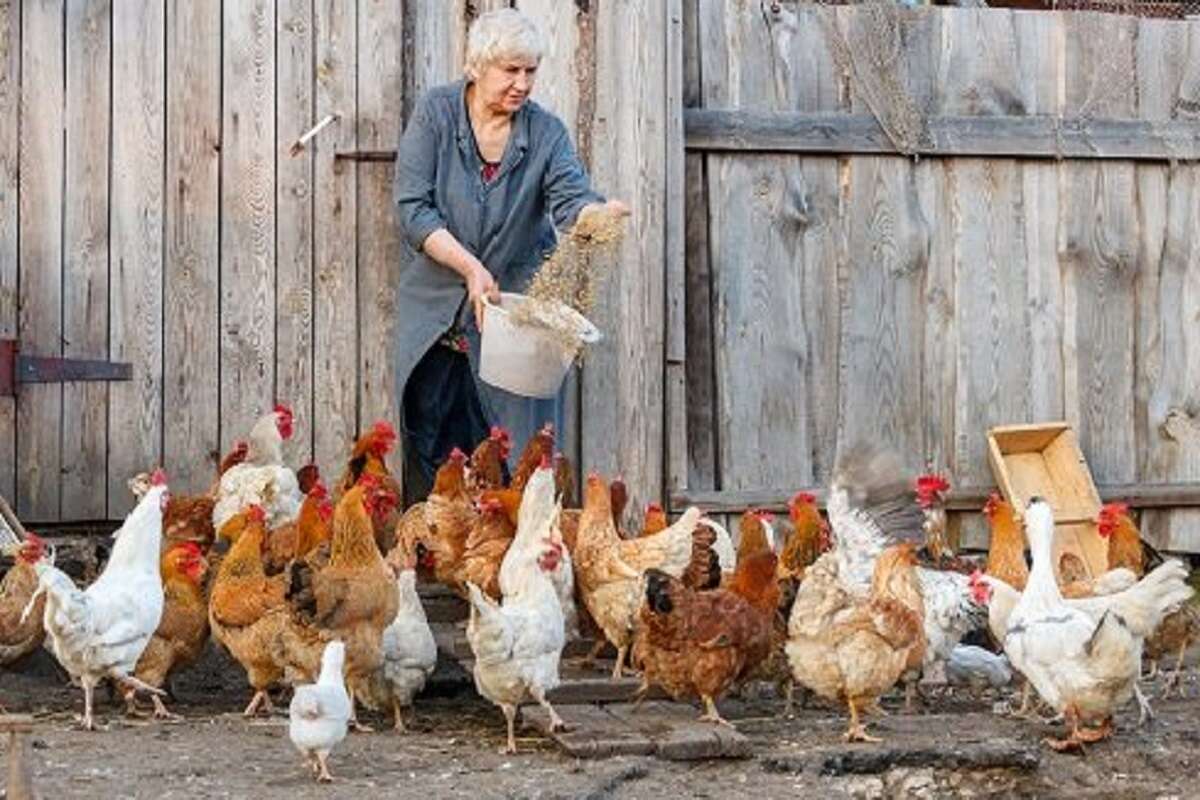
Chickens require a steady supply of food throughout the day. It is essential to ensure that their food is provided to them regularly and consistently. The best way to achieve this is to provide food at the same time each day. A good rule of thumb is to feed the chickens twice a day, once in the morning and once in the evening. Depending on the type of feed that is used, it may also be beneficial to provide supplemental feedings between the two main meals.
It is important to keep in mind that the chickens should not be overfed. Providing too much food can lead to health problems such as obesity. A good way to prevent overfeeding is to provide only as much food as the chickens can consume in 15 to 20 minutes. Any remaining food should be removed after this period of time.
The following table provides an overview of the feeding frequency for different types of chickens:
| Type of Chicken | Feeding Frequency |
|---|---|
| Laying Hens | Twice a day |
| Meat Chickens (Broilers) | Three times a day |
| Baby Chicks (Chicklets) | Four to five times a day |
It is important to note that the feeding frequency may need to be adjusted depending on the age, type, and size of the chickens. It is recommended to consult with a vet or poultry expert if you are unsure about the proper feeding frequency for your chickens.
Water Requirements
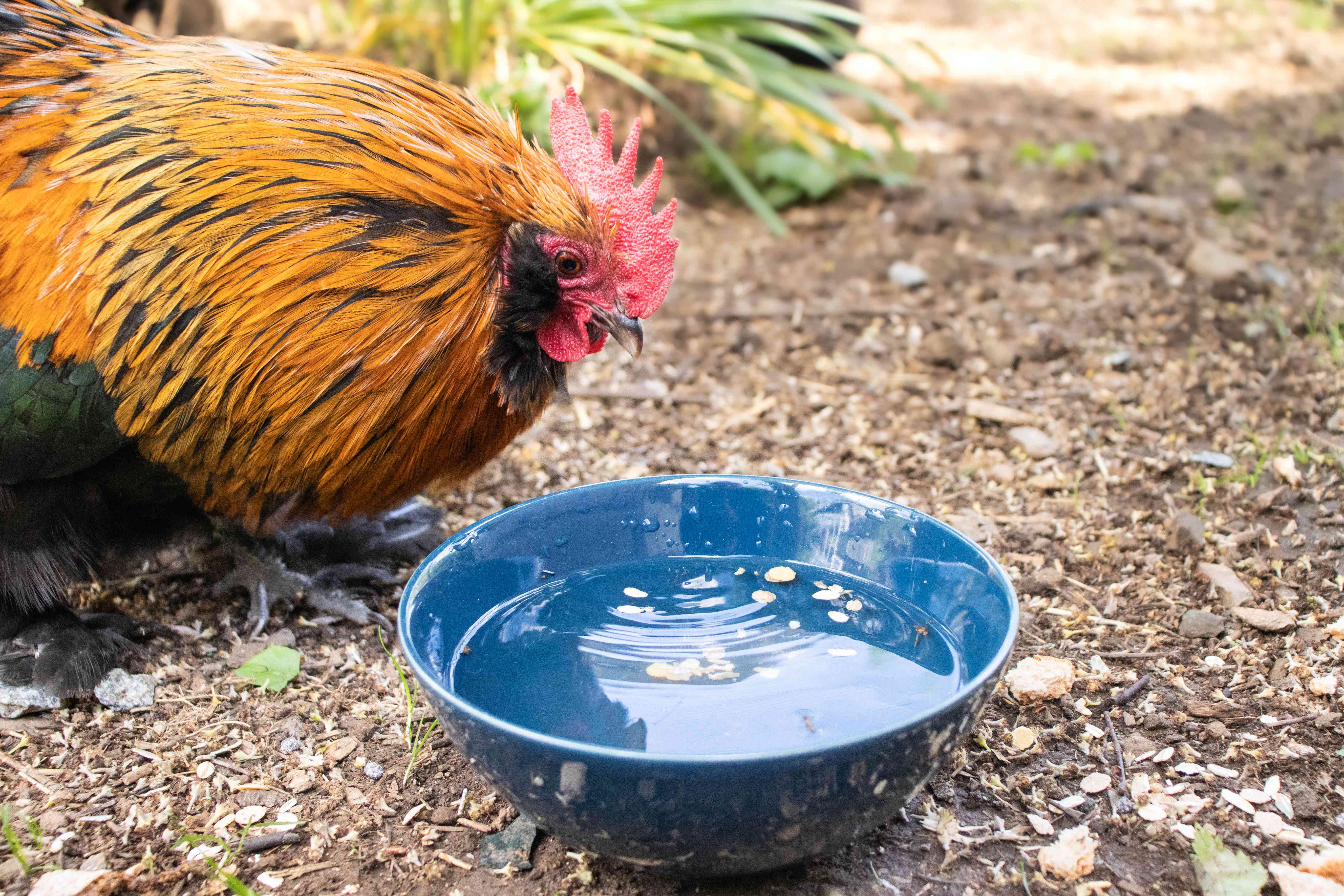
Chickens need access to a constant supply of fresh, clean water to stay healthy and grow properly. Chickens should have access to clean water at all times, especially in hot weather. Depending on the size of the flock and the space available, you can use either containers or water systems such as nipples, cup drinkers, or automatic watering systems. Keeping the water clean and free of debris and contamination is essential. Change the water every day and clean the containers regularly.
Chickens that don’t have access to a sufficient supply of clean water will become dehydrated and suffer from health problems. Providing enough water for the flock is essential for proper growth and production.
Food Storage
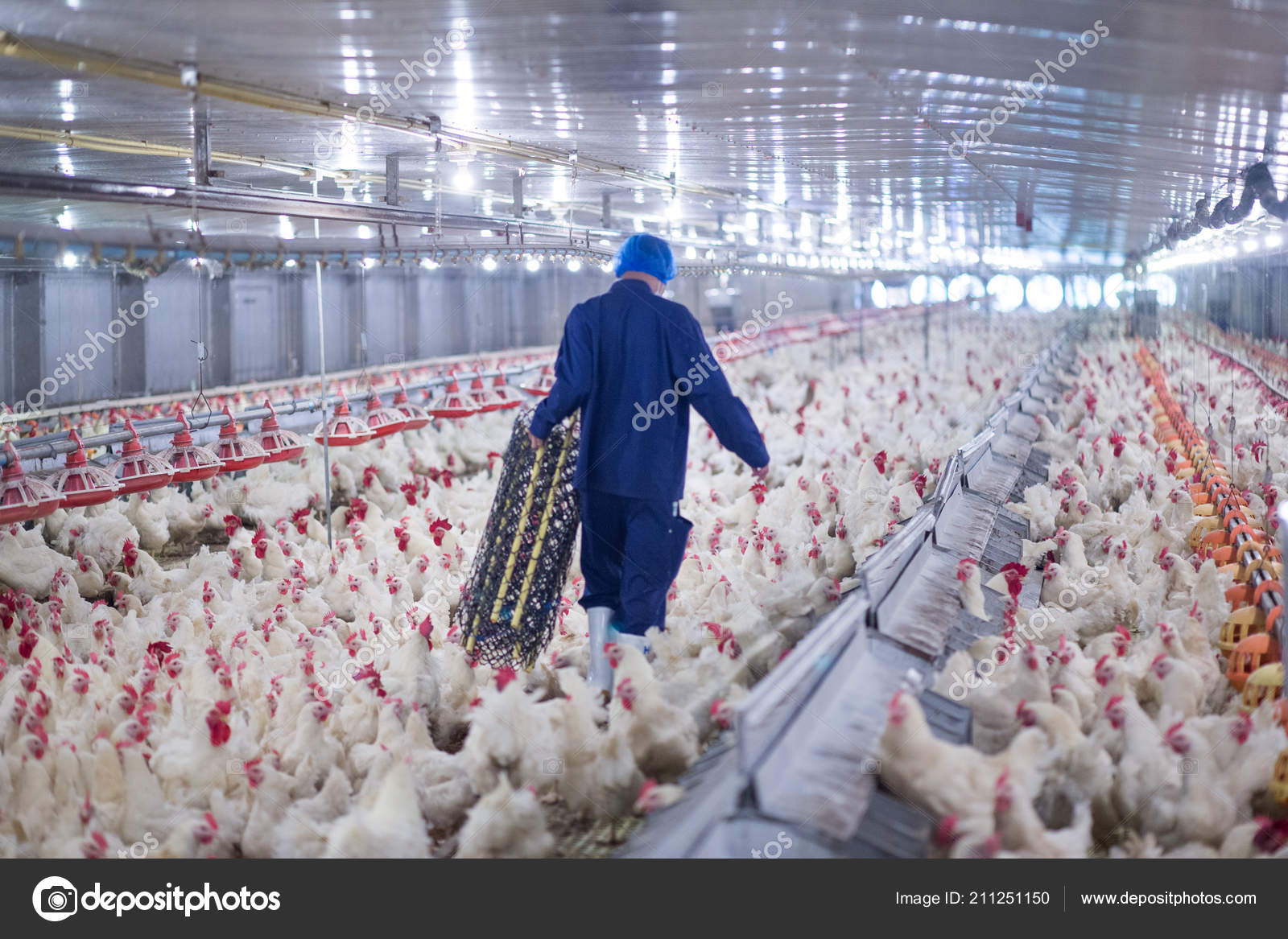
The proper storage of the food is essential in chicken husbandry. It should be stored in a cool, dark place in a sealed container. To prevent spoilage and contamination, the food should be used within two weeks. Do not store food in areas exposed to direct sunlight or high temperatures.
| Food Type | Storage |
|---|---|
| Grain | In a sealed container |
| Fruits and Vegetables | In a cool, dry place |
| Mealworms | In a sealed container in the refrigerator |
When feeding mealworms, it is important to keep them in the refrigerator and feed them daily, as they can spoil quickly. Additionally, make sure to check the expiration date on all food products before feeding them to your chickens.
Signs of Malnutrition in Chickens
- Weight Loss – Chickens that are not getting enough nutrients from their food may lose weight and become thin.
- Feather Loss – Poor nutrition can lead to a decrease in the production of feathers, which can make chickens look patchy and bald. This can also lead to poor insulation, making chickens more vulnerable to cold or heat.
- Lack of Energy – Chickens that are malnourished may appear lethargic and lack the energy to move around or lay eggs.
- Decrease in Egg Production – Malnutrition can lead to a decrease in egg production, as the chicken’s body is not receiving the necessary nutrients to produce eggs.
- Decrease in Egg Quality – Malnourished chickens may produce eggs with thin shells, misshapen yolks, and weak egg whites.
Frequently Asked Questions
What are the best sources of protein for chickens?
- Grains: Grains such as wheat, barley, oats, and corn provide an excellent source of protein for chickens.
- Legumes: Legumes such as peas, beans, and lentils are rich in protein and also contain a good balance of essential vitamins and minerals.
- Fish Meal: Fish meal is a concentrated source of protein and provides a great source of essential amino acids.
- Mealworms: Mealworms are an excellent source of protein and are high in essential amino acids.
- Insects: Insects such as crickets, mealworms, and grasshoppers are a great source of protein for chickens.
- Seeds: Sunflower seeds, flaxseeds, and sesame seeds are great sources of protein for chickens.
Can Chickens Survive on a Vegetarian Diet?
Chickens can survive on a vegetarian diet, but they need a balanced diet in order to stay healthy. A vegetarian diet should include a variety of grains, legumes, vegetables, and fruits. The diet should also include calcium and other minerals, as well as a source of protein such as soybean meal or sunflower seeds. It is important to ensure that the diet is nutritionally balanced and that the chickens are receiving all of the essential vitamins and minerals they need. Additionally, it is important to provide fresh water and plenty of space for the chickens to roam and forage for their food.
How can I tell if my chickens are getting enough nutrients?
Chickens need a balanced diet that includes protein, carbohydrates, fats, vitamins, minerals, and water. To ensure your chickens are getting the nutrients they need, observe their overall health, behavior, and egg production. Healthy chickens will have bright eyes, glossy feathers, and steady weight. Their droppings should be firm, and their egg production should be consistent. If any of these signs are off, then it may be time to adjust their diet.
How Much Feed Should I Give My Chickens Each Day?
- Age: The amount of feed you give your chickens each day should reflect their age. For chicks (up to 8 weeks old), provide an unlimited source of starter feed. For pullets (8–20 weeks old), provide a ration of starter feed and grower feed. For laying hens (over 20 weeks old), provide a ration of layer feed.
- Breed: The type of feed should also reflect the breed of chicken you have. It is important to choose a feed that is specifically designed for the breed you are raising. For example, a layer feed is higher in protein than a starter feed and is specifically designed for egg-producing hens.
- Climate: The amount of feed you provide should also be adjusted for the climate. In colder climates, you may need to provide a higher-calorie feed to help your chickens stay warm. In hotter climates, a lower-calorie feed may be more suitable.
- Body Condition: The amount of feed you provide should also be adjusted according to the body condition of your chickens. If your chickens are looking a bit thin, you may need to increase the amount of feed to help them put on some weight. If your chickens are looking a bit overweight, you may need to reduce the amount of feed.
Generally speaking, a single chicken should be given approximately 1/4 to 1/2 pound of feed per day. However, this amount may vary depending on the age, breed, climate, and body condition of your chickens. It is important to monitor your chickens closely and adjust their feed accordingly.
What types of food should be avoided when feeding chickens?
- Moldy or spoiled food: Moldy or spoiled food can contain aflatoxins, which can be harmful to chickens.
- Raw potato: Raw potatoes contain solanine, which can be toxic to chickens.
- Rhubarb leaves: Rhubarb leaves contain high levels of oxalic acid, which can be toxic.
- Chocolate: Chocolate contains theobromine, which can be toxic to chickens.
- Raw beans: Raw beans contain hemagglutinin, which can cause red blood cells to clump together.
- Avocado skin and pits: Avocado skin and pits contain persin, which can be toxic to chickens.
- Onions: Onions can be toxic to chickens and should be avoided.
- Caffeinated drinks: Caffeinated drinks can be harmful to chickens and should be avoided.
Conclusion
Chickens need a balanced diet to remain healthy, and their diet should include grains and protein sources, as well as other essential vitamins and minerals. The feed should be offered in a dry, clean area, and it should be changed regularly. Finally, chickens should have access to fresh water at all times. With the right feeding program, you can ensure your chickens stay healthy and happy.
